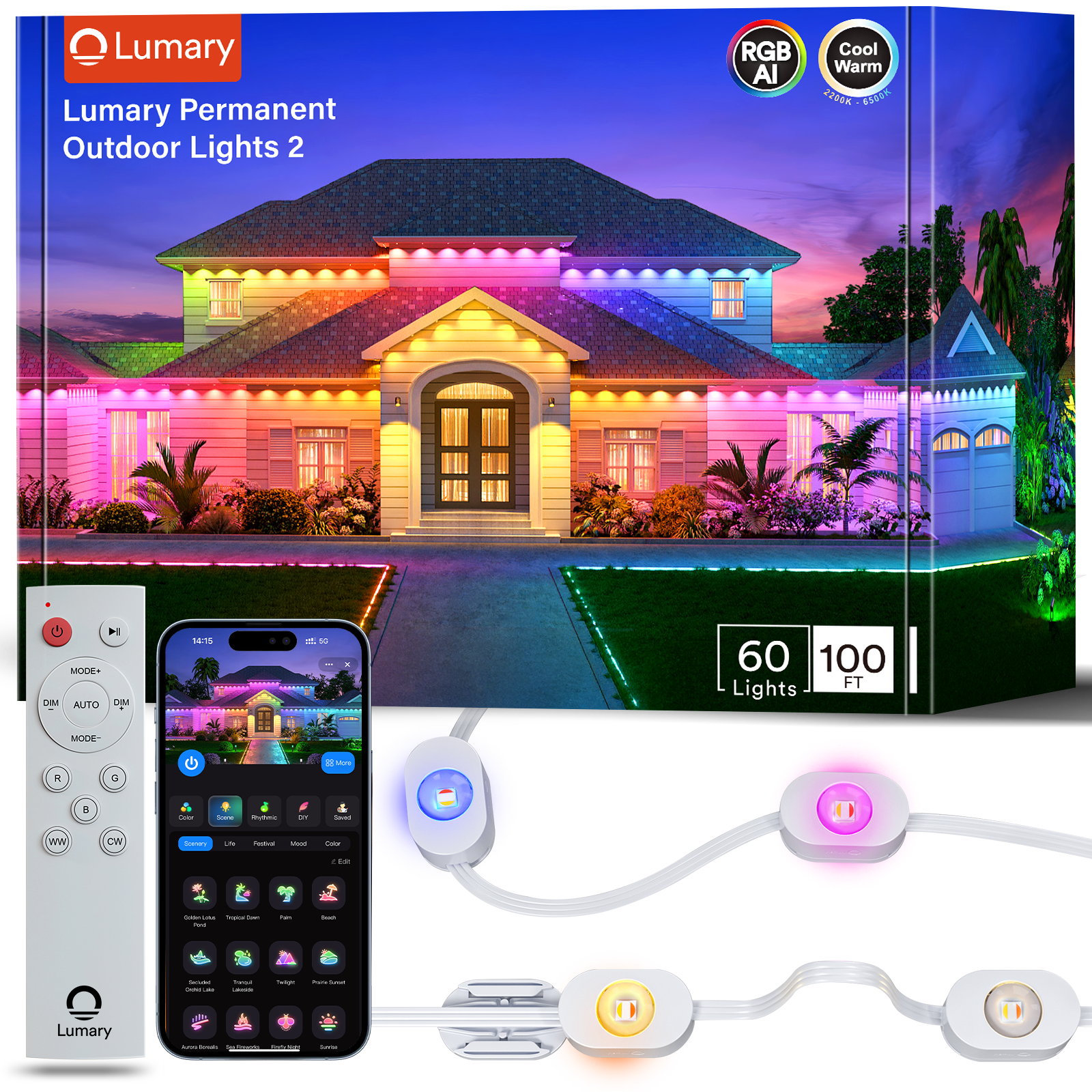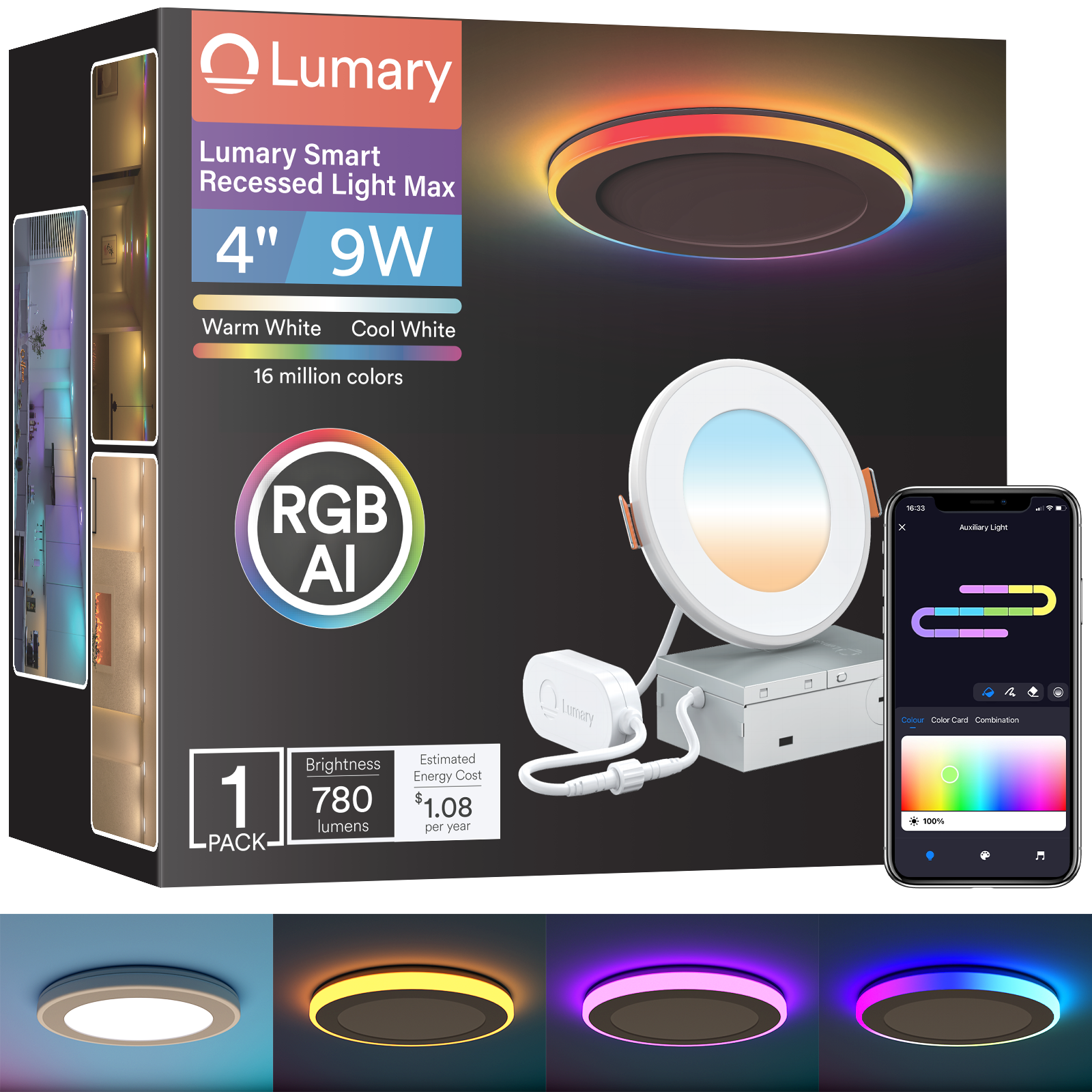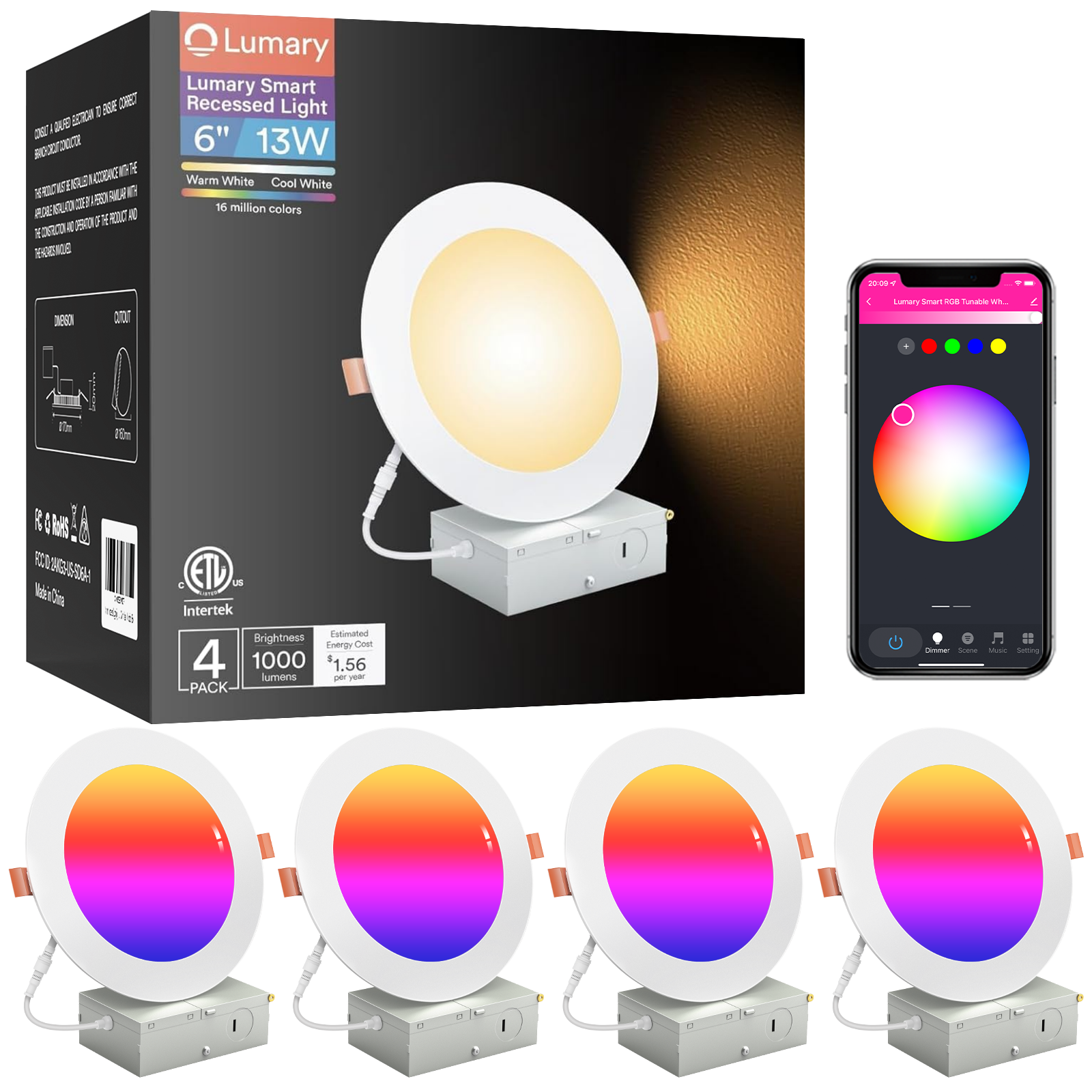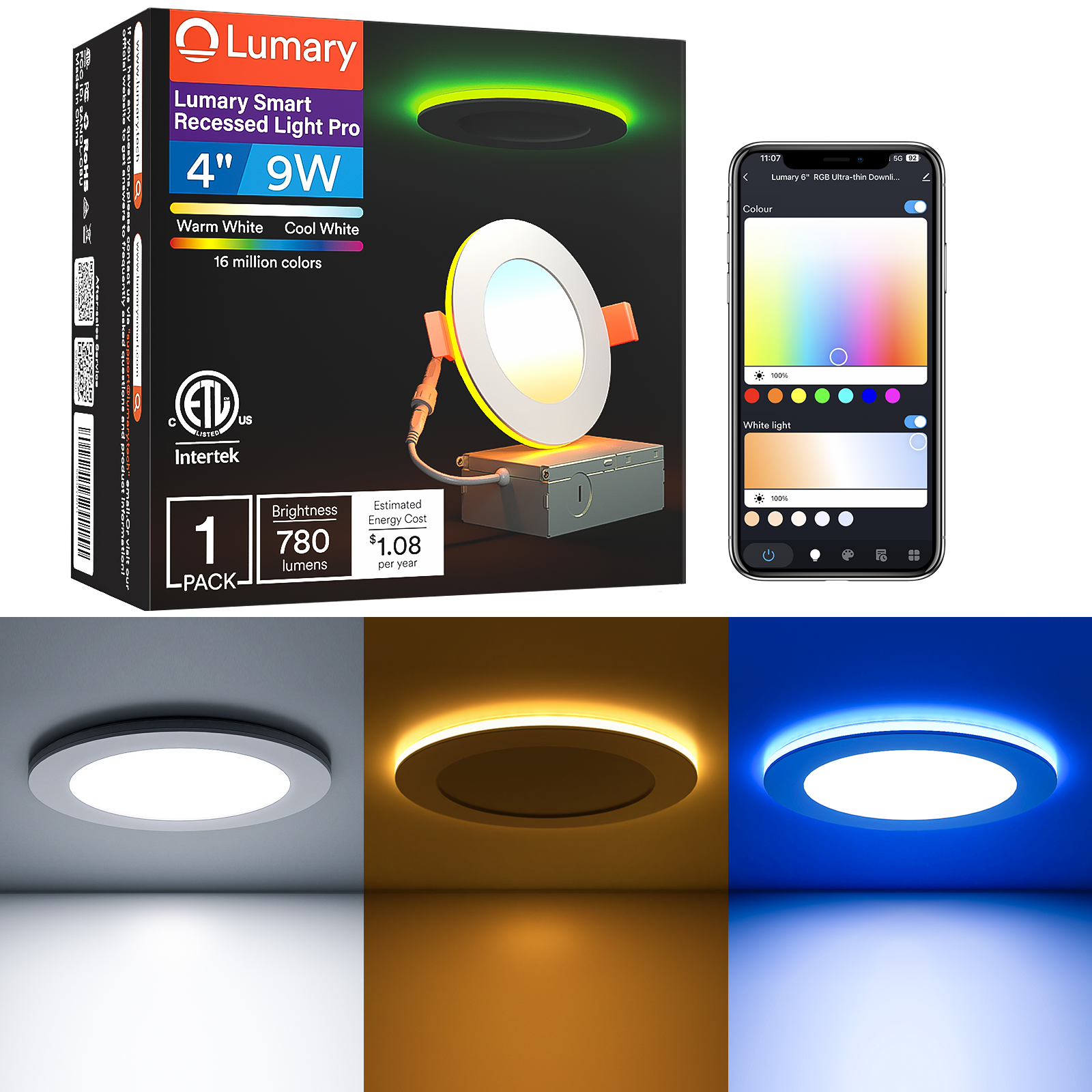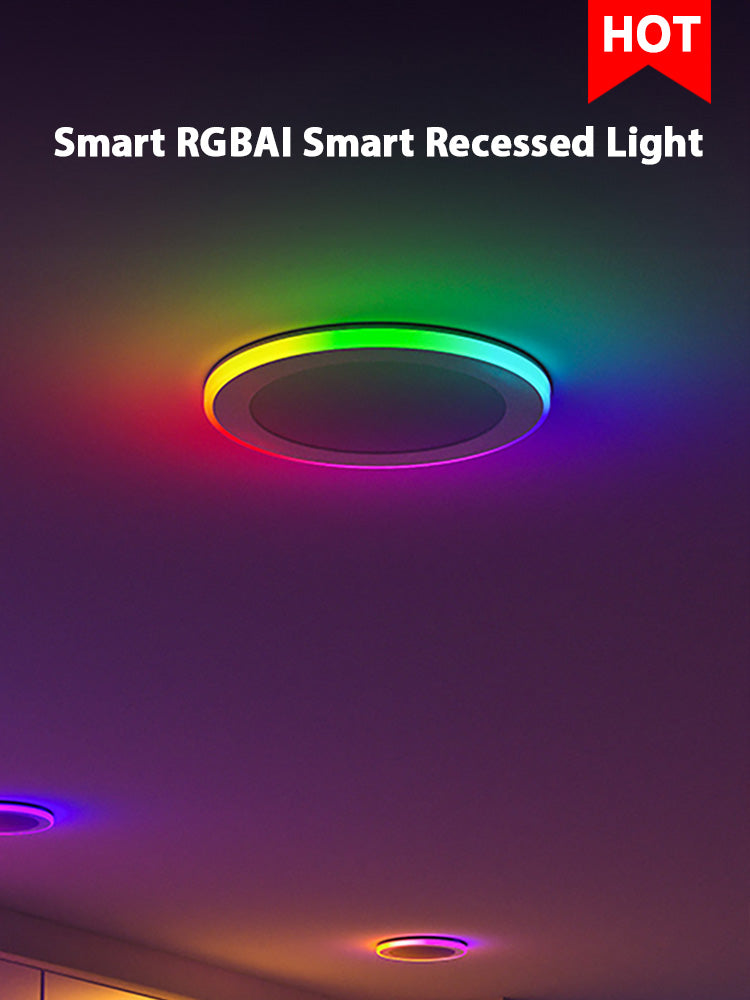LED strip lights have become a popular choice for modern lighting solutions. These lights offer versatility, energy efficiency, and a longer lifespan compared to traditional lighting options. Choosing the right strip light for your space can enhance ambiance and functionality. The global market for linear LED strip fixtures is growing rapidly, with an expected value of USD 4.97 billion by 2030. This growth reflects the increasing demand for efficient lighting in new constructions and the emphasis on reducing energy consumption. Selecting the perfect LED strip light ensures quality, safety, and compliance.
Understanding LED Strip Lights

What are LED Strip Lights?
LED strip lights are flexible circuit boards filled with LEDs. These lights can stick almost anywhere. The design allows for powerful lighting in various colors and brightness levels. You can use them to create stunning visual effects or simply brighten up a room.
LED strip lights have many components. Each strip contains multiple LED chips connected in series. This setup allows for high brightness and low energy consumption. The flexibility of the design makes it easy to adapt to different shapes and sizes. You can install these lights in homes, businesses, and industrial settings.
Common Uses and Applications
LED strip lights work well in many places. Homeowners use them for under-cabinet lighting in kitchens. Businesses use them to highlight products on shelves. Industries use them for task lighting in workspaces. The versatility of LED strip lights makes them ideal for both decorative and functional purposes.
Benefits of LED Strip Lights
Energy Efficiency
LED strip lights offer significant energy savings. These lights consume less power than traditional lighting options. This efficiency leads to lower electricity bills. You also get to enjoy bright lighting without worrying about excessive energy use.
Versatility and Flexibility
The design of LED strip lights allows for great versatility. You can bend and shape them to fit any space. Whether you want to light up a small corner or an entire room, LED strip lights can do the job. The ability to choose from different colors and brightness levels adds to their appeal.
Longevity and Durability
LED strip lights last much longer than other lighting options. The average lifespan of these lights extends over many years. This longevity means fewer replacements and less waste. The durability of LED strip lights ensures that they withstand daily wear and tear.
Types of LED Strip Lights
Choosing the right LED strip light involves understanding the different types available. Each type offers unique features that cater to specific needs and preferences. Let's dive into the main categories to help you make an informed decision.
Single Color vs. RGB
Features of Single Color LED Strips
Single color LED strips provide a straightforward lighting solution. These strips emit one consistent color, such as white, red, green, blue, or yellow. Single color strips work well for spaces that require uniform lighting. You can use them for task lighting in kitchens or workspaces. The simplicity of single color strips makes them easy to install and operate. Many people appreciate their reliability and cost-effectiveness.
Features of RGB LED Strips
RGB LED strips offer a more dynamic lighting experience. These strips combine red, green, and blue LEDs to create a wide range of colors. You can adjust RGB strips to match any mood or occasion. RGB strips are perfect for creating vibrant and colorful atmospheres. You might use them for parties, accent lighting, or even holiday decorations. The versatility of RGB strips appeals to those who enjoy experimenting with lighting effects.
Waterproof vs. Non-Waterproof
When to Choose Waterproof LED Strips
Waterproof LED strip lights are ideal for areas exposed to moisture. You should consider waterproof strips for outdoor spaces, bathrooms, or kitchens. These strips have a protective coating that prevents water damage. Waterproof strips ensure safety and longevity in wet environments. You can confidently use them in gardens, patios, or near pools without worry.
Applications for Non-Waterproof LED Strips
Non-waterproof LED strips suit indoor applications where moisture is not a concern. These strips work well in living rooms, bedrooms, or offices. Non-waterproof strips often come at a lower cost compared to their waterproof counterparts. You can easily install them in dry areas to enhance your home's ambiance. The flexibility of non-waterproof strips allows for creative installations in various spaces.
Understanding these types of LED strip lights will help you select the best option for your needs. Whether you prefer the simplicity of single color strips or the versatility of RGB options, there's a perfect strip light for every space.
Technical Features to Consider
Brightness and Lumens
How to measure brightness
Brightness plays a crucial role in selecting the right LED strip light for your space. You measure brightness in lumens, which indicates the total amount of visible light emitted by a source. Higher lumens mean brighter light. To find the perfect brightness, consider the lumens per foot of the LED strip. For work areas, aim for LED strips with 1,500-2,000 lumens. Ambient areas benefit from 500-1,000 lumens for a softer light effect.
Choosing the right brightness for your space
Choosing the right brightness depends on the purpose of the lighting. Task lighting requires more lumens for better visibility, while ambient lighting needs fewer lumens for a cozy atmosphere. Evaluate your space and decide what kind of lighting suits your needs. Remember, brighter isn't always better. Too much brightness can cause discomfort, so balance is key.
Color Temperature
Understanding color temperature
Color temperature refers to the warmth or coolness of a light source. Measured in Kelvin (K), lower values indicate warmer tones, while higher values represent cooler tones. For example, a warm 2200K creates a cozy ambiance, while a cool 6500K offers an energizing environment. Understanding color temperature helps you create the desired mood in your space.
Selecting the appropriate color temperature
Selecting the right color temperature depends on the function of the room. Warm temperatures suit living rooms and bedrooms, providing a relaxing atmosphere. Cooler temperatures work well in kitchens and workspaces, enhancing focus and productivity. Consider the activities in each room and choose a color temperature that complements them.
Power Supply and Voltage
Matching power supply with LED strip requirements
Matching the power supply with the LED strip's requirements ensures optimal performance. Check the wattage consumed per strip and ensure compatibility with your power source. A mismatched power supply can lead to poor performance or even damage the LED strip. Always verify the specifications before making a purchase.
Voltage options and considerations
LED strips generally fall into two main voltage categories: low voltage (12V or 24V) and high voltage (110V or greater). Low voltage strips are safer and easier to install, making them ideal for residential use. High voltage strips provide more power and are suitable for commercial applications. Choose the voltage that aligns with your installation needs and safety preferences.
Installation Considerations

Measuring and Cutting
How to measure your space
Measuring your space accurately is crucial before installing LED strip lights. Grab a tape measure and determine the length of the area where you plan to install the strip light. Make sure to account for any corners or curves in the space. This step ensures that you purchase the correct length of strip light, avoiding unnecessary waste or shortage.
Cutting LED strips to fit
Cutting LED strips to fit your space is simple but requires precision. Look for the designated cutting positions marked on the strip light. These marks indicate safe spots for cutting without damaging the strip. Use sharp scissors or a utility knife for a clean cut. Always test the strip light after cutting to ensure it functions properly.
Mounting Options
Adhesive backing
Adhesive backing offers a convenient way to mount strip lights. Peel off the protective layer to reveal the sticky side, then press the strip light onto the desired surface. Ensure the surface is clean and dry for optimal adhesion. This method works well for smooth surfaces like walls or cabinets.
Mounting clips and channels
Mounting clips and channels provide a more secure installation for strip lights. Attach the clips or channels to the surface using screws or nails. Slide the strip light into the channel or clip for a snug fit. This option is ideal for areas where extra support is needed, such as ceilings or outdoor spaces.
Wiring and Connectivity
Connecting multiple strips
Connecting multiple strips allows for extended lighting coverage. Use connectors designed specifically for LED strip lights to join two strips together. Align the connectors with the solder points on the strips for a secure connection. Test the setup to ensure all sections of the strip light illuminate evenly.
Using connectors and adapters
Connectors and adapters simplify the wiring process for strip lights. Choose connectors that match the type and size of your strip light. Adapters help connect the strip light to the power supply. Follow the manufacturer's instructions for a seamless connection. Proper use of connectors and adapters ensures a reliable and efficient lighting system.
Making the Final Decision
Choosing the perfect LED strip light can feel overwhelming with so many options available. Let's break down the decision-making process to make it easier for you.
Comparing Options
Evaluating Based on Features and Needs
Start by identifying what you need from your LED strip light. Do you want a single color or RGB? Consider where you'll install the strip light and what purpose it will serve. A kitchen might need bright, task-oriented lighting, while a living room could benefit from softer, ambient lighting. Look at the lumens and color temperature to match your space's requirements. Professional Tips suggest focusing on the quality of the LED strip light. A higher CRI rating, around 85 or more, ensures accurate color representation, which is crucial for retail or professional settings.
Cost Considerations
Budget plays a significant role in your decision. Compare prices across different brands and models. Remember that cheaper options might not offer the same longevity or brightness as higher-end models. Investing in a quality strip light can save money in the long run by reducing replacements and energy costs. LED Supply emphasizes understanding your installation needs to avoid unnecessary expenses. Knowing your area restrictions and power demands helps prevent costly mistakes.
Choosing the perfect LED strip light involves understanding key features like brightness, color temperature, and installation options. Consider the specific needs of your space to make an informed decision. Certification ensures quality and safety, so prioritize certified products. Quick access to information helps you make the right choice for your LED project. Enhance your space with the right LED strip lights to create a vibrant and functional environment. Enjoy the benefits of energy efficiency and versatility that LED strip lights offer.



